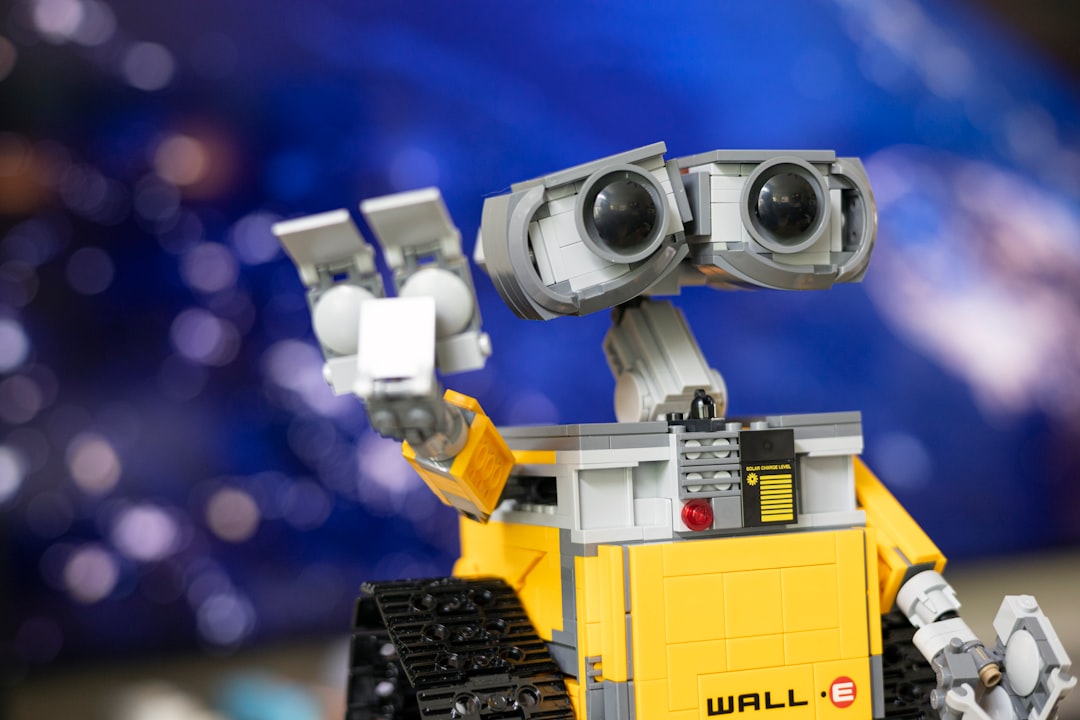

Unsplash
Welcome back.
Shout out to all of our new readers, and to the east coast parents whose children have been to school exactly three times since the week before Christmas.
Today: We’ve been supes busy getting 2024’s secret project moving along, so I remixed on all-time favorite post to better explain the most important question you can possibly ask yourself.
This time, in short film version. You’re welcome.
— Quinn
I’m Quinn Emmett, and this is science for people who give a shit.
Every week, I help 27,000+ humans understand and unfuck the rapidly changing world around us. It feels great, and we’d love for you to join us.
Together with your new homepage.
Don’t stay on top of the news — we’ll do it for you.
Doom-scrolling sucks. INI Members get daily access to my personal, curated news feed — only what’s most important, updated when I read it.
Search, sort, or filter by the INI-relevant tags to keep an eye on what matters the most and what the hell you can do about it.
Get it now on mobile and desktop for just $5/month or $50/year (a 17% discount).
Support Our Work
INI is 100% independent and mostly reader-supported.
This newsletter is free, but to support our work, get my popular “Not Important” book, music, and tool recommendations, connect with other Shit Givers, and attend exclusive monthly live events, please consider becoming a paid Member.

Last week’s most popular Action Step was registering to volunteer with the Environmental Voter Project to bring more people who care about climate to the polls.
Donate to the Green Workers Alliance to help build support for quality green jobs.
Volunteer with ClimateAction.tech to join the community of tech workers making climate a priority.
Get educated about how to apply sustainability to your career by reading Marilyn Waite’s book Sustainability at Work.
Be heard about ensuring a just transition that protects workers rights by supporting Jobs with Justice.
Invest in a climate-friendly 401(k) with Sphere.

What Would You Say You Do Here?
INT. BELL LABS - NEW JERSEY - DAY
1986
These hallways aren’t quiet. They never are.
Inside the famously multidisciplinary Bell Labs, the world’s SUPER NERDS intentionally work in close proximity, no matter their specialty.
That, in fact, is the point.
Physicists, early software developers, chemists, graphic designers, electrical engineers and material scientists hustle back and forth from end-to-end, door-to-door, bouncing otherwise-unrelated questions, ideas, and equations about wireless communications, cosmic waves, and lasers off each other like pinballs.
This setup was so useful that Steve Jobs later copied it when he bought Pixar, eventually giving us the first (devastating) five minutes of UP, that one (absolutely devastating) moment in INSIDE OUT, and, among many others, WALL-E and also TURNING RED (which is finally coming out in theaters soon and you should go see it if you haven’t yet).
Anyways, at Bell Labs, it’s been sixty years of this chaos, and the proof is in the pudding.
They have already invented much of the underlying technology we rely on today, from transistors to UNIX and the C programming language, to DSL modems, fiber optic cables, f’ing LASERS and — the backbone of our future — the solar cell.
INT. BELL LABS - NEW JERSEY - LUNCH TIME
Mathematician RICHARD HAMMING, father of a bunch of math concepts I couldn’t even begin to understand, much less explain to you, stares off to the other side of the cafeteria where his COLLEAGUES chow down at the physics table.
Today he finds himself dismayed, reluctant to join them for the usual banter.
HAMMING (to himself)
I already know math. Like, so much math. I have invented various kinds of math. I’m not learning much by sitting with those math dorks. Sure, it’s lunch time, and I could just chill out and not have to learn something for an hour or whatever, but YOLO, you know?
Scanning the room, Hamming spots an empty seat at the CHEMISTRY table and wanders over, a sudden gleam in his eye, his red plastic lunch tray packed with pudding and sloppy joes.
HAMMING
Mind if I join you?
The CHEMISTRY JOCKS look up into the face of a man who has a whole bunch of math concepts literally named after him and quickly approve his request, not having any idea his true intentions.
CHEMISTRY JOCKS
(making room for Hamming)
Now we’re cooking with gas!*
*insert your own chemistry joke here, maybe something about compounds
Hamming sits, and a few bites of proto-Hamburger Helper later, he breaks the ice with a simple question for his new friends.
HAMMING
What are the important problems of your field?
A moment of hesitation, and then all at once, 1986’s chemistry luminaries fill him in, talking over themselves. Hamming basks in their rabid enthusiasm, so similar, and yet so different from his own.
Minutes later, the chemists clear their trays and go about their work day. Hamming watches them go, his trap set.


